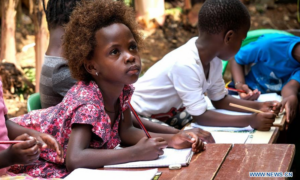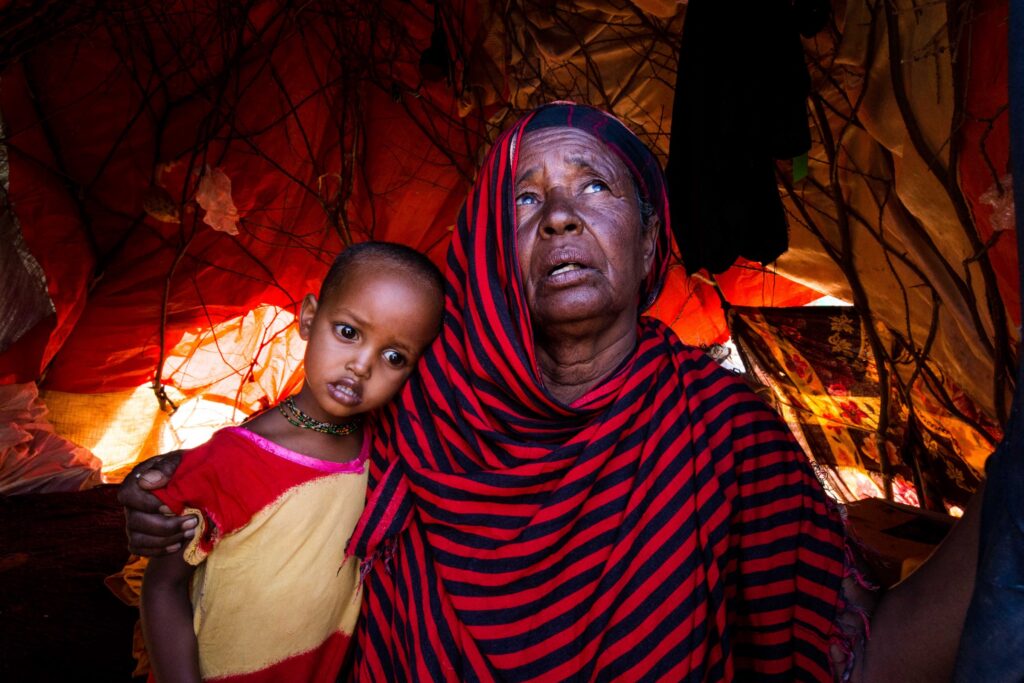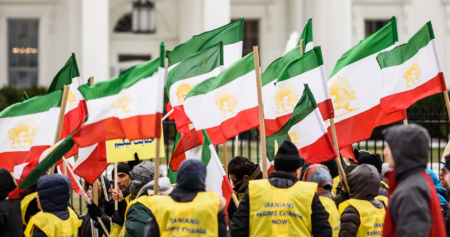Somalia is at risk of a worsening Hunger Crisis as the World Food Programme warns that an additional one million people could face severe food shortages in the coming months. The forecasted drought is expected to impact crop production, pushing the total number of food-insecure individuals to 4.4 million. Humanitarian organizations are urging immediate action to prevent widespread suffering.
Hunger Crisis and Its Impact on Rural Somalia
The ongoing hunger crisis in Somalia has primarily affected rural areas where farmers and livestock herders rely on seasonal rains for sustenance. With forecasts predicting a severe drought, many communities face food scarcity. Crop failures and water shortages contribute to heightened malnutrition rates, pushing rural populations into deeper insecurity.
International Aid Efforts to Combat Food Insecurity
International organizations, such as the World Food Programme (WFP) and UNICEF, have ramped up efforts to provide food aid and emergency relief. These initiatives aim to reach the most vulnerable communities in Somalia through food distribution, cash assistance, and nutrition programs. Despite these efforts, logistical challenges and funding gaps hinder full coverage of the population in need.
Consequences of Drought on Somalia’s Agricultural Sector
The recurrent droughts in Somalia significantly impact the agricultural sector, which is already fragile. Many farmers have lost crops due to water scarcity, leading to reduced harvests and income. This situation has resulted in food prices rising, making it harder for communities to afford essential goods, further exacerbating food insecurity.
Global Response to Mitigate Somalia’s Hunger Crisis
Global efforts are being coordinated to address the hunger crisis in Somalia, with countries and organizations pledging support. While aid is arriving, challenges such as conflict, logistics, and limited resources continue to slow the response. The international community is urged to step up efforts to avert further famine, as the hunger crisis could worsen if timely interventions aren’t implemented.








